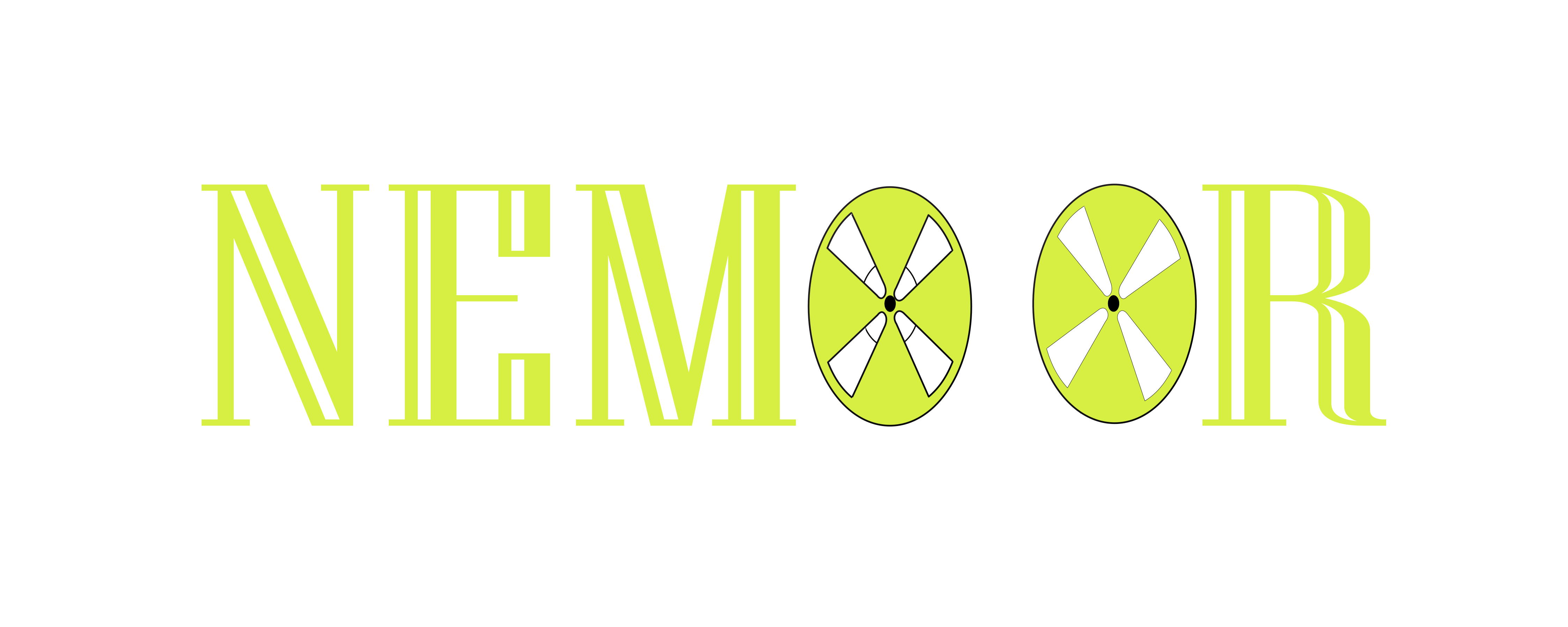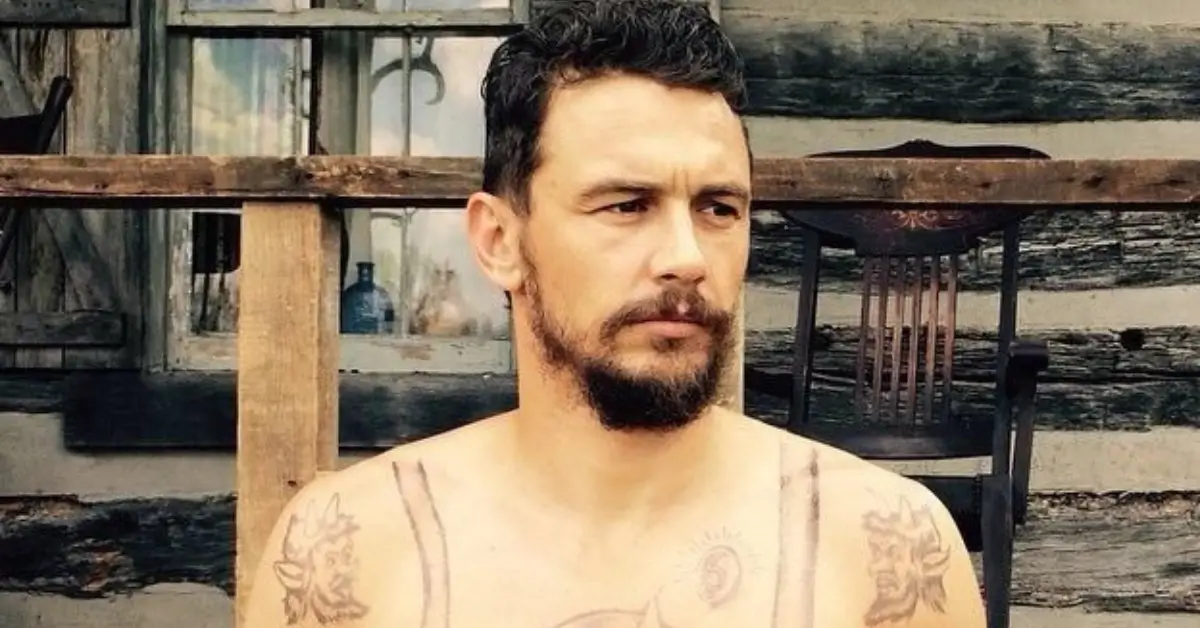James Franco: The Renaissance Man of Hollywood
Introduction
James Franco, a versatile powerhouse in the entertainment industry, has established himself as one of Hollywood’s most intriguing and multifaceted talents. Born on April 19, 1978, in Palo Alto, California, Franco has navigated a career that spans blockbuster franchises, independent films, television, academia, literature, and visual arts. His journey from teen actor to Golden Globe winner and Academy Award nominee represents a fascinating exploration of artistic versatility and relentless creative pursuit. Few actors of his generation have demonstrated such range, intellectual curiosity, and willingness to push boundaries in their craft. What makes Franco’s journey particularly compelling is his constant reinvention and refusal to be typecast, establishing him as a true renaissance man of modern cinema.
Thank you for reading this post, don't forget to subscribe!Early Life & Career Beginnings
Born into a creative household, James Edward Franco grew up in California with a writer and actress mother, Betsy Franco, and a Silicon Valley businessman father, Douglas Franco. This blend of artistic and entrepreneurial influence would later manifest in Franco’s own multidisciplinary approach to his career. Growing up alongside his two younger brothers Dave Franco, who would also become a successful actor, and Tom Franco, an accomplished artist James was surrounded by creative energy from an early age.
Despite his eventual path to acting, Franco’s journey wasn’t straightforward. After dropping out of UCLA in his freshman year, he took acting classes at Playhouse West while working late shifts at McDonald’s to support himself. His persistence paid off when he landed his breakthrough role in the critically acclaimed but short-lived television series “Freaks and Geeks” (1999-2000), which has since achieved cult status and launched several major careers.
The true turning point came when Franco portrayed Hollywood icon James Dean in the 2001 biographical television film “James Dean,” earning him critical acclaim and his first Golden Globe Award. This transformative performance showcased Franco’s remarkable ability to immerse himself in complex characters, establishing a template for the dedication he would bring to future roles.
Filmography & Career Highlights
Franco’s filmography reflects an actor unafraid to alternate between mainstream blockbusters and challenging independent productions. His portrayal of Harry Osborn in Sam Raimi’s Spider-Man trilogy (2002-2007) introduced him to global audiences and demonstrated his ability to bring depth to commercial cinema. Rather than becoming pigeonholed by this success, Franco leveraged his increased visibility to pursue more diverse and challenging roles.
His collaborations with Seth Rogen yielded comedic hits like “Pineapple Express“ (2008), where Franco’s performance as a lovable drug dealer earned him a Golden Globe nomination and revealed his considerable comedic talents. That same year, he delivered a powerful supporting performance in Gus Van Sant’s “Milk“ (2008), showcasing his dramatic range.
Perhaps Franco’s most acclaimed performance came in Danny Boyle’s “127 Hours“ (2010), where he portrayed real-life mountain climber Aron Ralston, who was forced to amputate his own arm after becoming trapped under a boulder. The physically and emotionally demanding role earned Franco an Academy Award nomination for Best Actor and cemented his reputation as one of Hollywood’s most committed performers.
Other notable entries in Franco’s diverse filmography include “Rise of the Planet of the Apes“ (2011), “Oz the Great and Powerful“ (2013), and HBO’s acclaimed series “The Deuce“ (2017-2019). His career reached another high point with “The Disaster Artist“ (2017), where Franco directed and starred as enigmatic filmmaker Tommy Wiseau, winning a Golden Globe for his performance.
Recent projects include the Italian drama “Hey Joe” (2024), where Franco portrays an American WWII veteran searching for his son in 1970s Naples, and his film “Razor’s Edge,” which he promoted at the 2024 Cannes Film Festival.
Acting Style & Techniques
James Franco’s acting style is characterized by his remarkable versatility and immersive approach to character development. While not strictly adhering to a single methodology, Franco often incorporates elements of method acting in his preparation, particularly for biographical roles that require substantial transformation.
His performances are distinguished by a willingness to explore psychological complexity and emotional vulnerability. Franco’s approach often involves extensive research and preparation whether learning to fly planes for “Flyboys,” studying Allen Ginsberg’s poetry and mannerisms for “Howl,” or experiencing the physical constraints his character faced in “127 Hours.”
Directors who have worked with Franco frequently praise his dedication and intellectual curiosity. His academic background eventually returning to complete his undergraduate degree at UCLA before pursuing multiple MFA programs informs his analytical approach to character development. This intellectual foundation, combined with his natural charisma and emotional intelligence, allows Franco to bring depth to roles across genres.
Challenges & Controversies
Franco’s career has not been without significant challenges and controversies. In 2018, several women accused him of sexual misconduct, primarily in connection with his acting school, Studio 4. The allegations led to a lawsuit, which Franco settled in 2021. These controversies substantially impacted Franco’s career trajectory, leading to a period of reduced visibility in Hollywood.
Before these allegations, Franco had also faced public scrutiny for his unusual career choices, including simultaneously attending multiple graduate programs, teaching university courses, creating experimental art, and pursuing seemingly disparate creative projects. While some critics praised his artistic ambition, others questioned the authenticity and quality of his numerous endeavors.
The controversy also affected Franco’s long-standing professional relationship with Seth Rogen, with whom he had collaborated on numerous successful projects. According to recent reports, their friendship has been significantly strained in the aftermath of these allegations.
Despite these setbacks, Franco has begun to reemerge professionally, with projects like “Hey Joe” and “Razor’s Edge” signaling a potential comeback to the film industry.
Awards & Recognitions
Throughout his career, James Franco has accumulated an impressive collection of accolades highlighting his versatility as an actor. His trophy case includes two Golden Globe Awards one for Best Actor in a Miniseries or Television Film for “James Dean” (2002) and another for Best Actor in a Motion Picture Musical or Comedy for “The Disaster Artist” (2018).
Franco’s transformative performance in “127 Hours” earned him his first and, to date, only Academy Award nomination for Best Actor. While he didn’t win the Oscar, the nomination placed him firmly among Hollywood’s elite dramatic performers.
Beyond these major awards, Franco has received recognition from film festivals and critics’ associations worldwide, particularly for his work in independent cinema. His willingness to take risks and pursue challenging roles has earned him respect within the industry, even as his public persona has sometimes overshadowed his artistic achievements.
Cultural & Industry Impact
At his peak, James Franco represented a new model of the Hollywood actor one who refused categorization and actively sought to expand the boundaries of his craft. His simultaneous pursuit of commercial success and artistic credibility influenced a generation of actors seeking to balance mainstream appeal with creative integrity.
Franco’s work often explores themes of identity, masculinity, and sexuality, challenging conventional narratives through both his choice of roles and his approach to playing them. His portrayal of gay and bisexual characters in films like “Milk,” “Howl,” and “I Am Michael” contributed to increased LGBTQ+ representation in cinema and demonstrated his commitment to telling diverse stories.
As a director, Franco has shown particular interest in literary adaptations and explorations of outsider art, bringing works by William Faulkner, Cormac McCarthy, and John Steinbeck to the screen. “The Disaster Artist” stands as his most acclaimed directorial effort, celebrating the strange alchemy of artistic passion while questioning traditional metrics of success and failure.
Personal Life & Philanthropy
Outside of his professional endeavors, Franco has maintained a relatively private personal life, though his relationships have occasionally drawn media attention. He has been romantically linked to actress Izabel Pakzad in recent years, with the couple making rare public appearances together.
Franco’s intellectual pursuits extend beyond his film work. He holds multiple advanced degrees, including MFAs in Creative Writing from Columbia University and Film Production from New York University, as well as a PhD in English from Yale University. This academic background has informed his work as an author, with Franco publishing several collections of short stories and poetry.
His philanthropic efforts have included teaching film classes at various universities, where he has shared his expertise with emerging filmmakers. Franco has also supported LGBTQ+ causes through both his artistic choices and public advocacy.
Future Projects & What’s Next
As James Franco continues his gradual return to the entertainment industry, projects like the Italian drama “Hey Joe” and “Razor’s Edge” suggest an evolution in his artistic choices. Whether Franco can fully reestablish himself in Hollywood remains uncertain, but his talent and versatility create the potential for a meaningful second act in his career.
Franco’s future endeavors may focus more on international productions and independent cinema, areas where his artistic sensibilities have previously flourished. His experience as a director and producer also opens pathways beyond acting, allowing him to shape projects from conception to completion.
Conclusion
James Franco’s career represents a compelling study in Hollywood’s capacity for both celebration and scrutiny. At his best, Franco embodies the ideal of the artist-as-explorer, someone willing to take risks in pursuit of creative fulfillment and artistic growth. His filmography contains genuine achievements that showcase extraordinary talent and commitment.
The controversies that have complicated Franco’s legacy also raise important questions about accountability and redemption in the entertainment industry. As he cautiously returns to public life, both critics and supporters watch closely to see how Franco navigates this complex terrain.
What remains undeniable is Franco’s significant impact on modern cinema and his contributions to expanding our understanding of what an actor can be and do. Whether as Harry Osborn, Aron Ralston, or Tommy Wiseau, Franco has created memorable characters that resonate with audiences and showcase his remarkable range. As we consider his unique journey through Hollywood, we might ask: Which of James Franco’s many artistic incarnations do you find most compelling, and what does that reveal about the relationship between art, artist, and audience?

